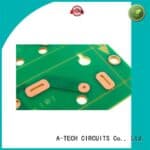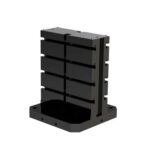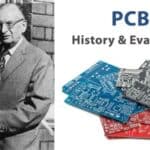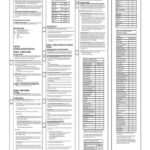
PCB Assembly Blog
-
What is stacking in PCB?
Posted by
–
 Read more: What is stacking in PCB?
Read more: What is stacking in PCB?Introduction to Stacked PCBs Printed Circuit Boards (PCBs) are essential components in modern electronics, providing a platform for interconnecting electronic components. As technology advances and devices become more compact, the demand for high-density PCBs has increased. One solution to this challenge is the use of stacked PCBs. What are Stacked […]
-
What is through-hole PCB assembly?
Posted by
–
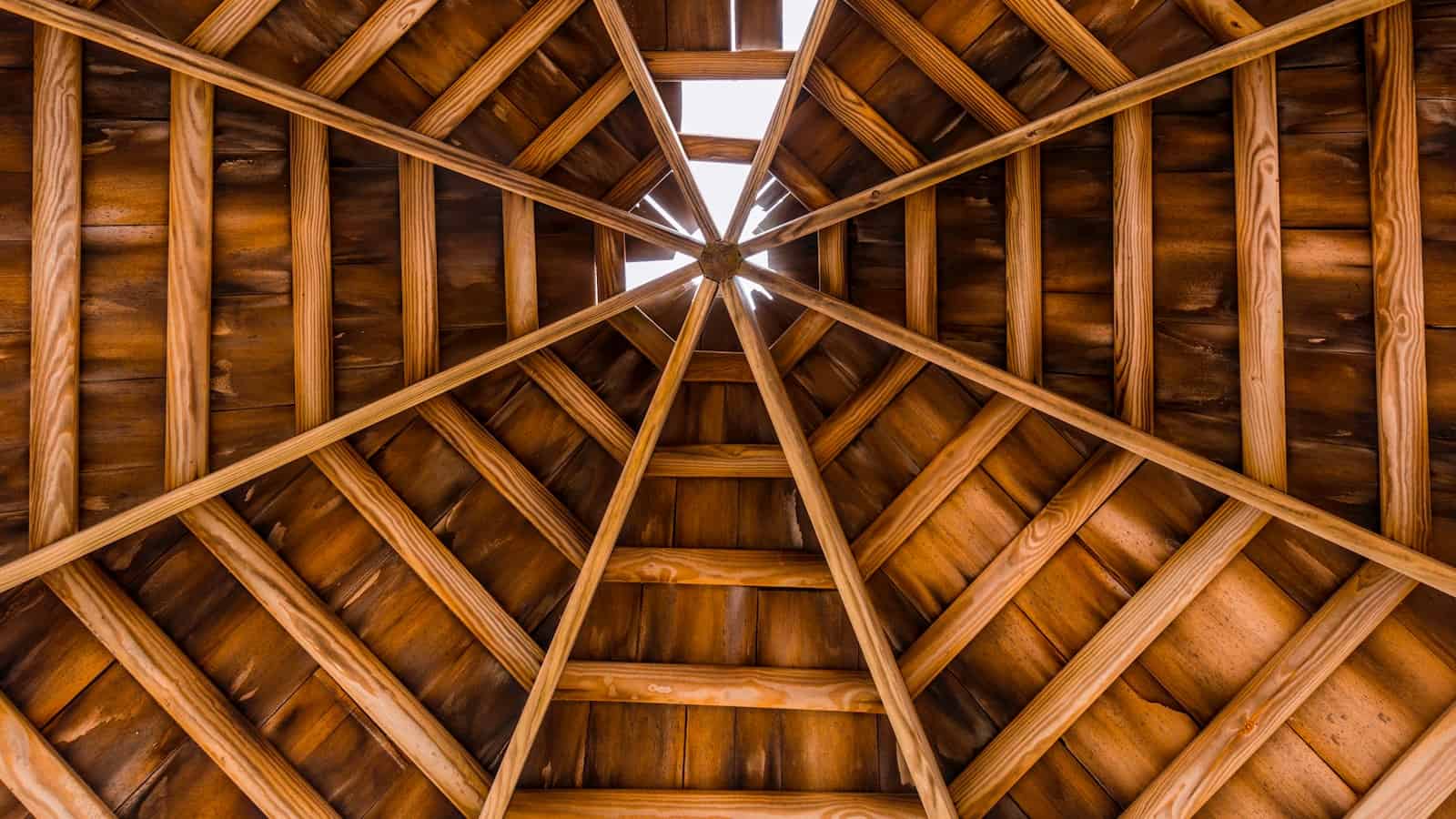 Read more: What is through-hole PCB assembly?
Read more: What is through-hole PCB assembly?How Through-Hole PCB Assembly Works The through-hole PCB assembly process involves several key steps: PCB Design and Fabrication: The PCB is designed using specialized software, and the design is sent to a PCB manufacturer for fabrication. The manufacturer creates the board with the required number of layers, drills the necessary […]
-
What does turnkey mean PCB?
Posted by
–
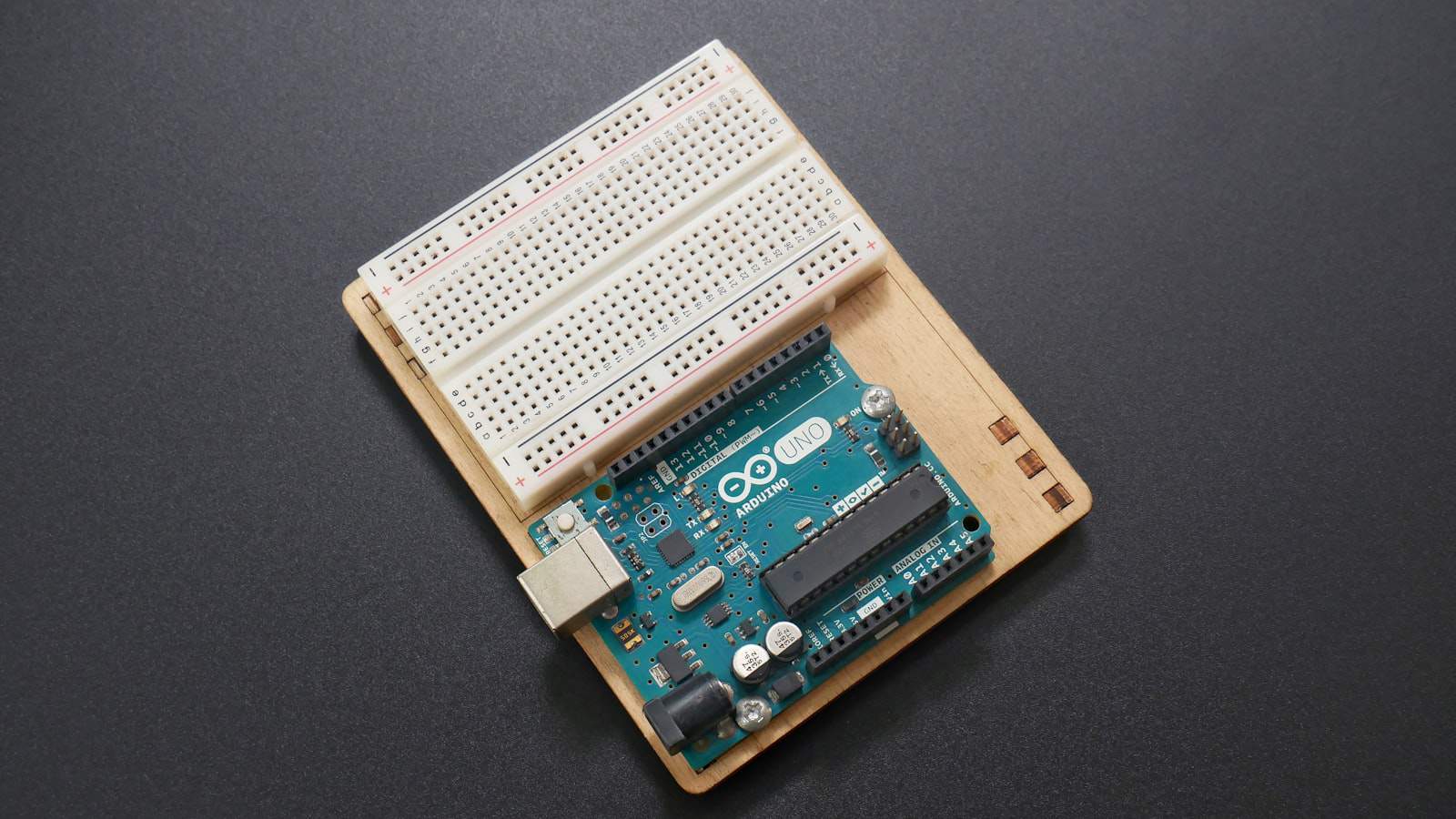 Read more: What does turnkey mean PCB?
Read more: What does turnkey mean PCB?Introduction to Turnkey PCB Solutions In the world of printed circuit board (PCB) manufacturing, “turnkey” refers to a comprehensive service provided by a PCB supplier that handles the entire process from design to final product delivery. Turnkey PCB solutions simplify the complex and multi-step process of creating custom circuit boards […]
-
What is white PCB?
Posted by
–
 Read more: What is white PCB?
Read more: What is white PCB?Characteristics of White PCBs Solder Mask Color The most notable characteristic of white PCBs is their white solder mask. Solder mask is a protective layer applied to the copper traces on a PCB to prevent short circuits and provide insulation. While green is the most common color for solder masks, […]
-
Are green PCBs cheaper?
Posted by
–
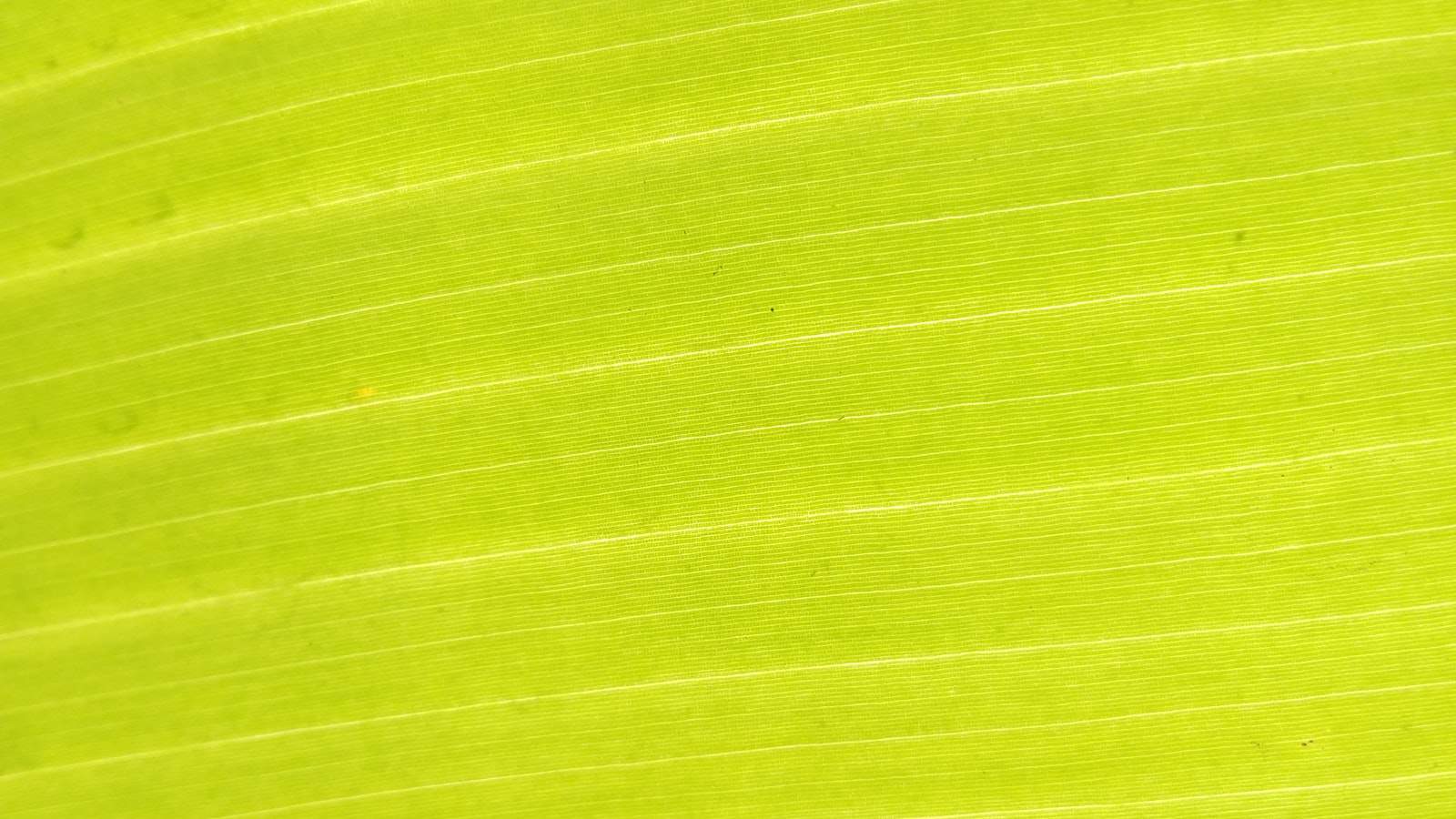 Read more: Are green PCBs cheaper?
Read more: Are green PCBs cheaper?Introduction to Green PCBs Green PCBs, also known as solder mask green PCBs, have become increasingly popular in the electronics industry. These printed circuit boards feature a green solder mask that covers the copper traces, providing insulation and protection against oxidation. The green color is the most common and widely […]
-
What is high frequency PCBs?
Posted by
–
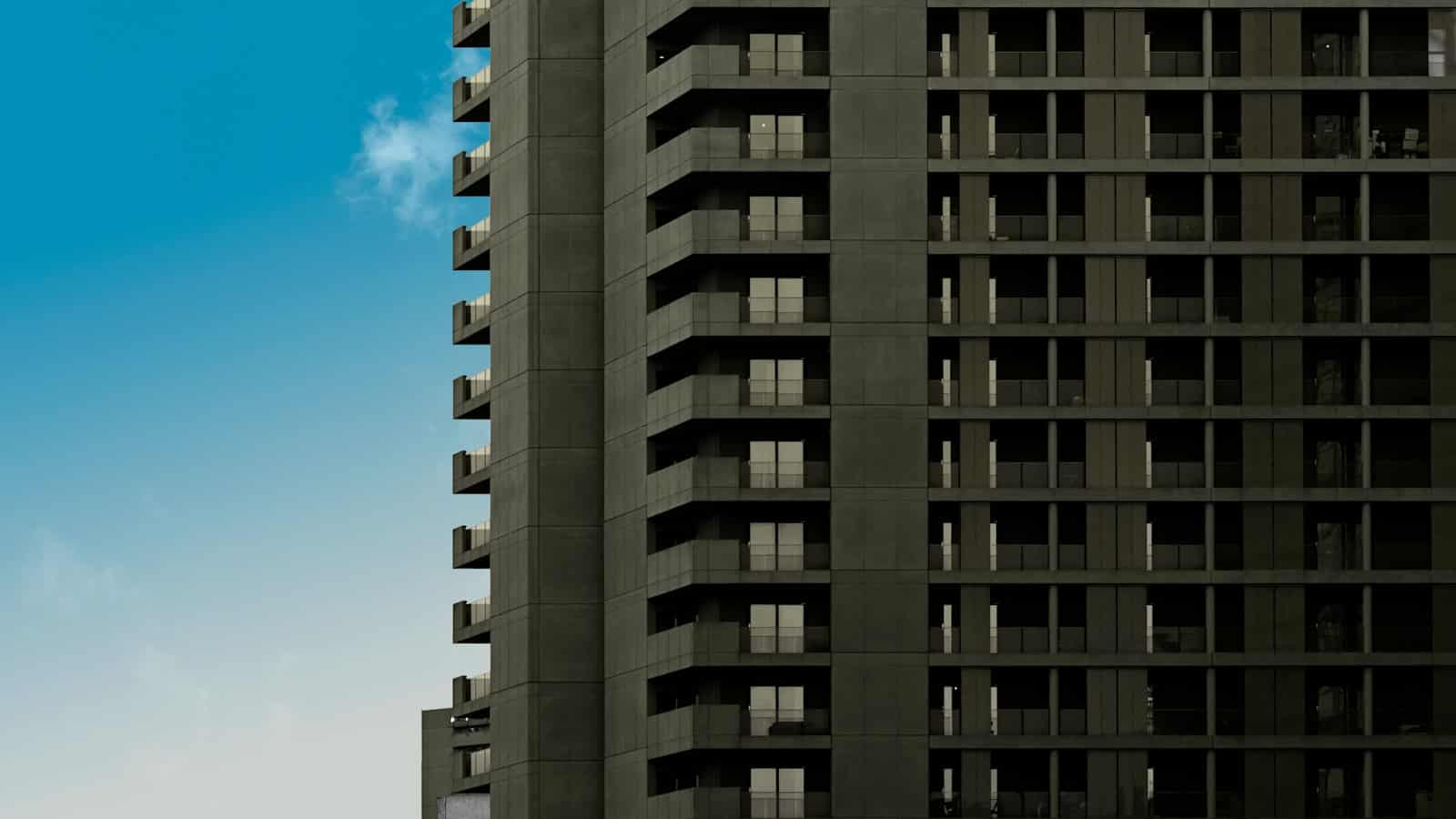 Read more: What is high frequency PCBs?
Read more: What is high frequency PCBs?Understanding High Frequency Signals To understand the importance of high frequency PCBs, it is essential to first understand what high frequency signals are and how they differ from low frequency signals. Definition of High Frequency Signals High frequency signals are electrical signals that oscillate at a high rate, typically in […]
-
How can I view Gerber files online for free?
Posted by
–
 Read more: How can I view Gerber files online for free?
Read more: How can I view Gerber files online for free?What is a Gerber file? Gerber is a file format used in PCB design and manufacturing. It was originally developed by Gerber Systems Corp., a division of Ucamco. The Gerber format precisely describes the 2D images (copper layers, solder mask, drill data, etc.) that make up a PCB. Gerber files […]
-
What is a battery PCB?
Posted by
–
 Read more: What is a battery PCB?
Read more: What is a battery PCB?Table of Contents Introduction to Battery PCBs Functions of a Battery PCB Types of Battery PCBs Battery PCB Design Considerations Battery PCB Manufacturing Process Applications of Battery PCBs Future Trends in Battery PCB Technology Frequently Asked Questions (FAQ) Conclusion Request PCB Manufacturing & Assembly Quote Now Introduction to Battery PCBs […]
-
What is PCB controlled impedance?
Posted by
–
 Read more: What is PCB controlled impedance?
Read more: What is PCB controlled impedance?Understanding Impedance in PCBs Impedance is a measure of the opposition that a circuit presents to a current when a voltage is applied. In the context of PCBs, impedance is determined by the physical characteristics of the traces, such as width, thickness, spacing, and the properties of the dielectric material. […]
-
What is the PCB Depanel process?
Posted by
–
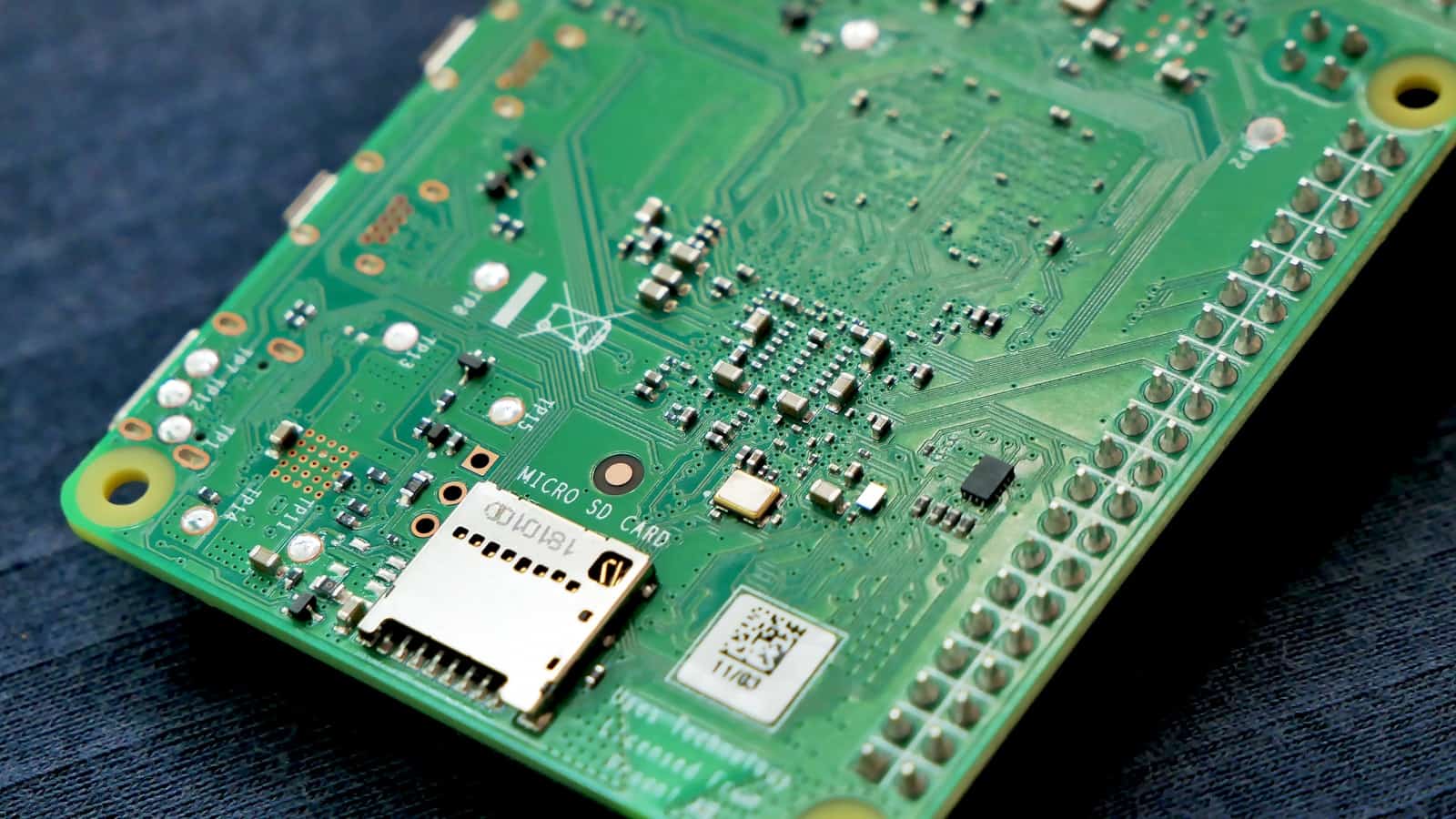 Read more: What is the PCB Depanel process?
Read more: What is the PCB Depanel process?Introduction to PCB Depaneling Printed Circuit Board (PCB) manufacturing often involves producing multiple PCBs on a single panel to optimize production efficiency and minimize material waste. Once the fabrication and assembly processes are complete, the individual PCBs need to be separated from the panel. This process is known as PCB […]
